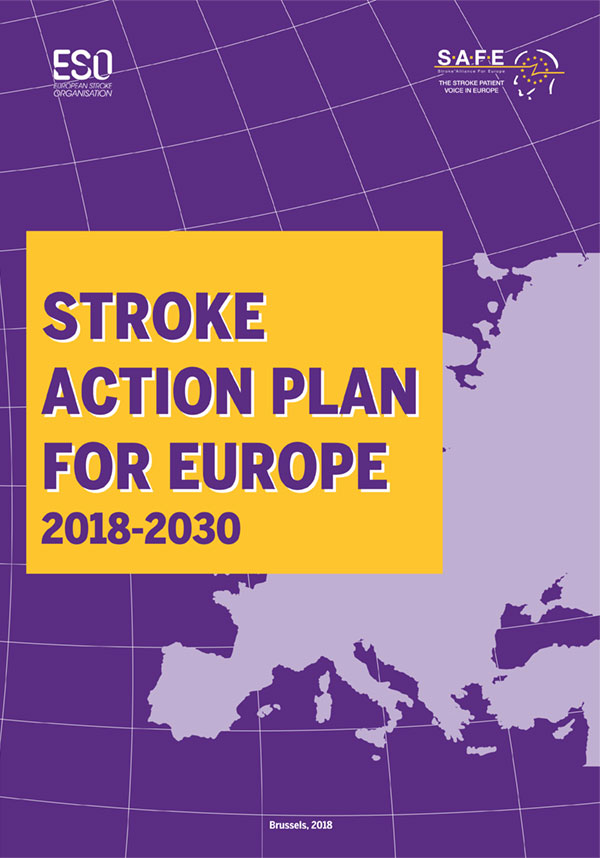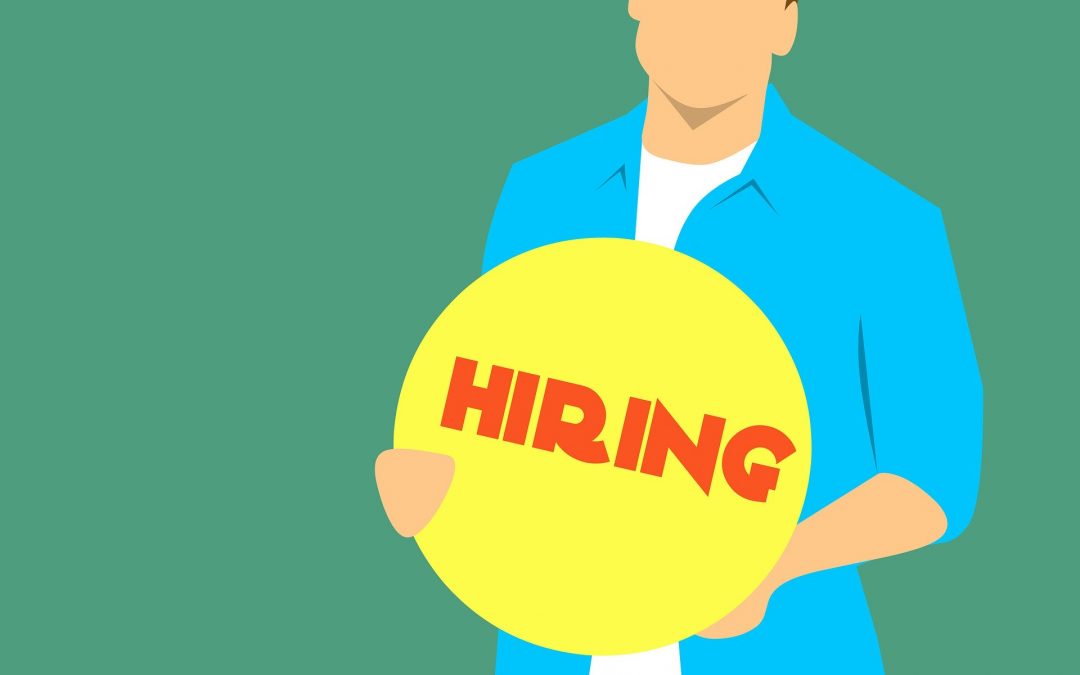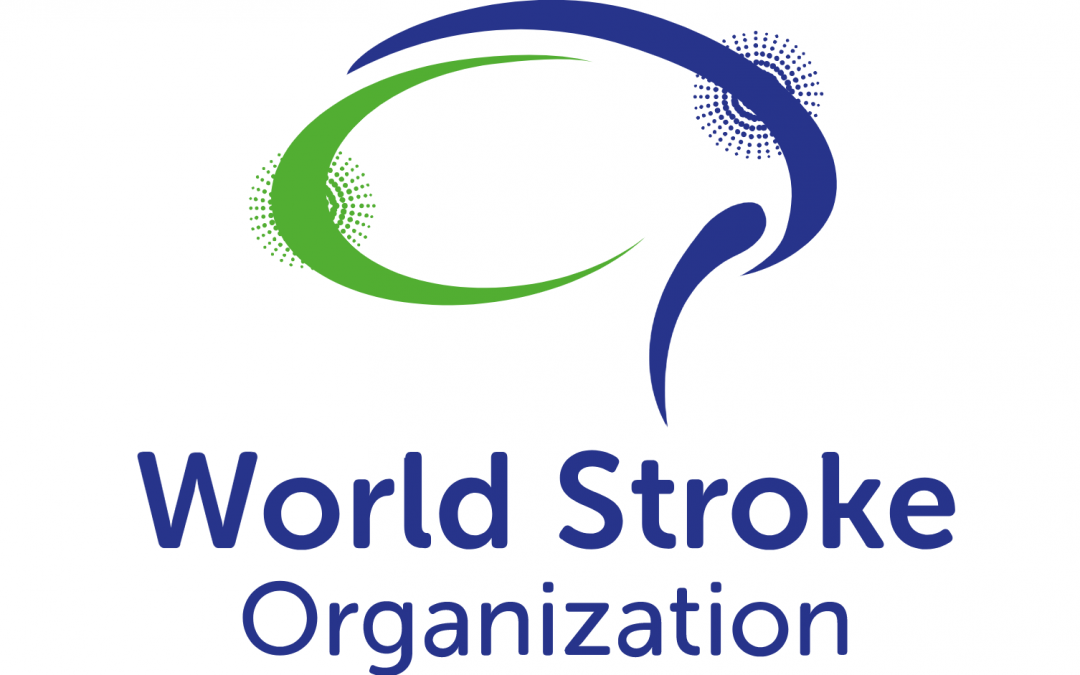
Sep 24, 2020
We are delighted to introduce to two new recruits to SAFE’s team!
Caroline is joining us as our new communications manager and Lora as our new campaigns manager. Please join us in warming welcoming them to the SAFE family.
Click here to find our more!

Sep 18, 2020
SAFE recently co-hosted the Stroke Action Plan for Europe ‘kick off’ meeting with the European Stroke Organisation. The Plan 2018-2030 outlines a set of key recommendations that if implemented would improve the care and outcomes for stroke patients and stroke survivors across the whole care pathway.
We brought together stroke support organisation and national scientific societies from all over Europe to discuss how the Plan could be implemented across all European countries. This is a very exciting step towards providing better support to stroke patents and stroke survivors. We look forward to sharing more information with you over the coming months.
Here is the press release for more information

Jul 20, 2020
Less than five days to apply! We are looking for a communications officer on a fixed term basis. This is an exciting opportunity to join the struggle against stroke. Stroke is the number one cause of severe long-term disability in Europe and is the second biggest killer in the world. Join our team and share your passion for health and communications! With 35 members organisations across Europe, advocacy work at the EU, a European Life after Stroke conference to market and deliver in spring 2021 in Barcelona, and social media to maintain there is a lot of variety in this role and many innovative possibilities.
You will:
- be an integral member of our team
- have responsibility for delivery of key communications projects by producing exciting materials and content
- manage our digital communications: our websites, social media channels and email marketing.
The role
- Location: home based
- Self-employed, part time (flexible but minimum of 14 hours a week), 8-month contract, €13,500
- Deadline to apply midday, 24 July
- Interviews: via videoconference, Thursday 30 July and Friday 31 July
To apply
If you have any questions about the role, please do not hesitate to get in contact with Arlene Wilkie, Director General, arlene.wilkie@safestroke.eu.
To apply, please submit a covering letter, in English, on no more than two sides of A4 detailing how you fit the person specification outlined in the job description. Please also submit your CV and a completed equal opportunity monitoring form to arlene.wilkie@safestroke.eu.
The full job description and our equal opportunities form can be downloaded via the links below:
Note: we are not using an agency for recruitment purposes
Image by Mohamed Hassan from Pixabay

Jul 6, 2020
The World Stroke Organsiation is running a three part series titled ‘Maintaining Stroke as a Priority’. In this series stroke support organisations from the Americas, Europe and Asia/Oceania have highlighted the impact of COVID 19 on people with lived experience of stroke across the stroke pathway, discussed the responses and innovations of stroke support organisations and signposted to patient education resources available globally. Join them for the last in their Maintaining Stroke as a Priority webinar series, 14:00 GMT/UK time, 09:00 EDT time, on Wednesday 8 July with:
- Juliet Bouverie (Stroke Association UK): Discharge/transitioning home
- Patrice Lindsay (Heart and Stroke Canada): Secondary prevention
Registration: https://us02web.zoom.us/webinar/register/WN_90ILNiK9Q2SBMbhZNux6Gg

Jul 1, 2020
Today we are launching a call for abstracts for the Ist European Life After Stroke Forum which will be held on 12 March 2021.
Our conference programme covers a range of topical issues in life after stroke as well as cutting-edge developments in response to COVID-19. The programme will comprise keynote lectures by eminent invited speakers supplemented by contributed talks and a poster session. Our draft programme is here.
We are now seeking abstracts for the Life After Stroke Forum, which may give those interested an opportunity to present either a ten-minute oral presentation or a poster presentation.
We are calling on for applications in two areas:
- Scientific applications: this may be for completed for ongoing trials and studies in the broad area of life after stroke.
- Grab and Steal: this is to share experiences of service developments in life after stroke where these original ideas and innovative practices could be used by others.
For more information on how to apply – click here.
“Life after stroke is a neglected area of the stoke care pathway. It is a particularly important issue for stroke survivors and their carers.
To address this issue, SAFE is organising a first of its kind event in Europe – a one day Life After Stroke Forum.
This will create an opportunity for those who have an interest in this area, whether from a research, policy, advocacy, or support oriented perspective, to come together to share and network.
As chair of the European Life After Stroke Forum scientific conference committee I am delighted that SAFE is launching its call for abstracts today. I am looking forward to receiving excellent applications, whether scientifically, or service development focused, from all over Europe”. Professor Avril Drummond
Image by mohamed Hassan from Pixabay









